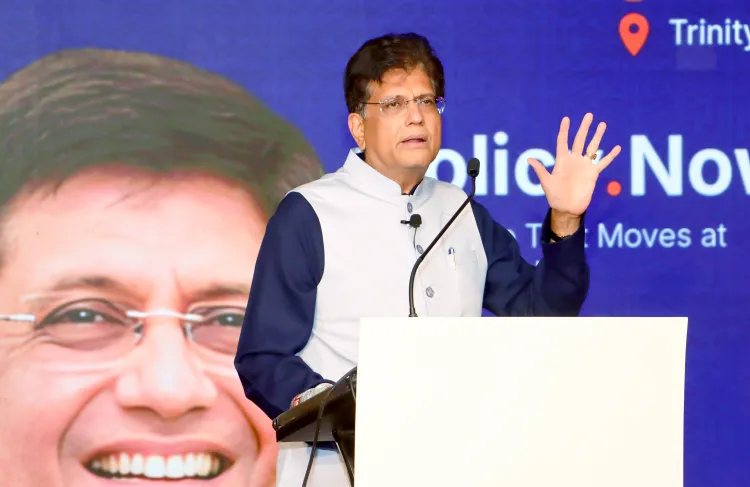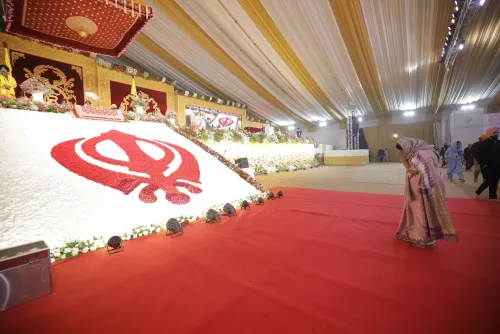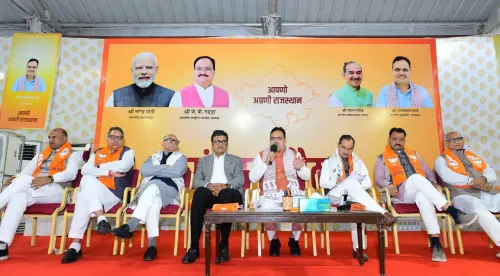Will the India-EFTA Free Trade Pact Transform Job Creation?

Synopsis
Key Takeaways
- TEPA launches on October 1, 2024
- 1 million direct jobs expected
- $100 billion investment commitment
- Access to premium European markets
- Tariff reductions on various goods
Mumbai, July 19 (NationPress) - Union Commerce Minister Piyush Goyal announced on Saturday that the Trade and Economic Partnership Agreement (TEPA) between India and the European Free Trade Association (EFTA) is set to take effect on October 1. This agreement is expected to pave the way for the creation of 1 million direct jobs in India.
The EFTA consists of Iceland, Liechtenstein, Norway, and Switzerland. This landmark agreement, signed on March 10, 2024, is anticipated to unleash significant foreign direct investment (FDI) and enhance trade and economic collaboration across various sectors.
Minister Goyal shared on X, “India-EFTA TEPA to come into effect from 1st October.”
The EFTA members have pledged an investment of $100 billion, aimed at creating 1 million direct jobs in India.
To bolster trade, investment, and business partnerships, a dedicated India-EFTA Desk has been established. Goyal mentioned that this desk will serve as a 'single-window platform' for both governmental and private entities.
The India-EFTA agreement encompasses $50 billion in FDI in the first decade, with another $50 billion in the following five years, resulting in the generation of 1 million direct jobs in India.
TEPA represents one of India's most extensive trade agreements and is projected to provide Indian exporters access to premium European markets while bringing in capital, innovation, and employment opportunities.
Under the agreement, EFTA is offering 92.2% of its tariff lines, which covers 99.6% of India's exports to this region. The EFTA’s market access proposal includes 100% for non-agricultural products and tariff reductions on Processed Agricultural Products (PAP). In exchange, India is providing 82.7% of its tariff lines, covering 95.3% of EFTA exports, of which over 80% pertains to gold.
The effective duty on gold remains unchanged. Sensitivities regarding PLI in sectors such as pharmaceuticals, medical devices, and processed foods have been addressed while offering concessions. Exclusions apply to sectors like dairy, soya, coal, and sensitive agricultural products.
As part of the agreement, domestic consumers will gain access to high-quality Swiss goods, such as watches, chocolates, biscuits, and clocks, at reduced prices, as India will gradually eliminate customs duties on these products over the next decade.










